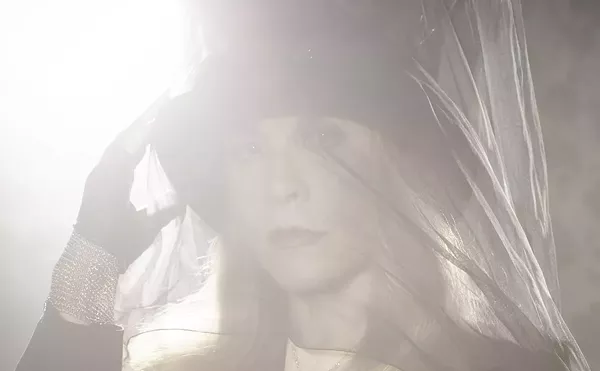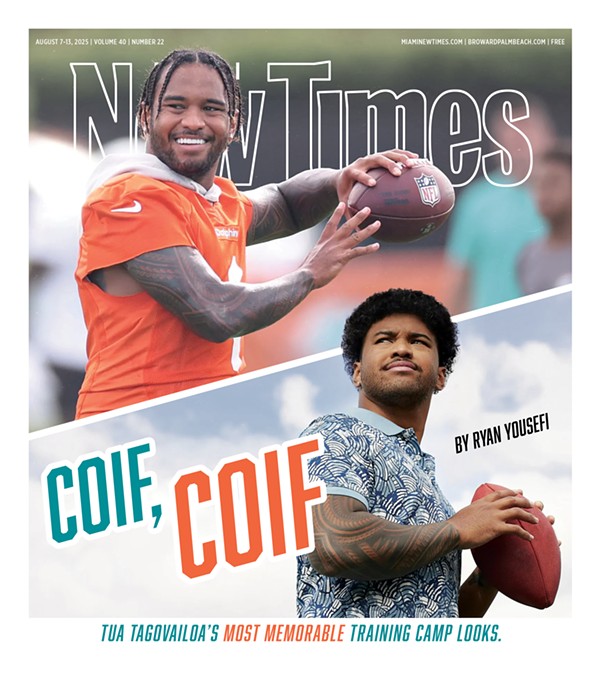One of
the first U.K. disc jockeys to play prog rock and the psychedelic sounds
of the burgeoning late '60s English underground, Peel went on to promote
punk, indie, alternative, hip-hop, dance, and metal music without regard
for what other programmers seemed to favor. He also initiated a program
called the Peel Sessions, which offered a preview of material
that was recorded exclusively for his show. These sessions were later
released on the Strange Fruit record label, an enterprise partially
owned and operated by Peel himself. In addition, he founded Dandelion
Records, an avenue for his production work and home for some of the more
adventurous acts of early '70s British music.
In August 1967, he was recruited by BBC Radio 1, where he initiated the Night Ride program, playing music and interviews with artists from outside the fringes of the pop mainstream. Still, his programming choices often drew him into conflicts with the station's hierarchy, particularly when he began delving further and further into the punk movement that was springing up in the mid- to late '70s.
Indeed, his show and cult of personality became a mecca for many of the younger musicians of the day, and eventually he became a media star whose writings and pronouncements held sway over other tastemakers of the day. Peels' personal favorites tended to be equally esoteric, with the Fall, the White Stripes, the Undertones' anthem "Teenage Kicks," and the ironically dubbed the Misunderstood, an obscure '60s California band that he later managed, all perched at the top of his personal playlist.
Freed, also known by his radio name "Moondog," began as a disc jockey with a stint on WJW in Cleveland and was later propelled into the national spotlight on the nation's biggest powerhouse, WABC. He is credited by most music historians for championing such early rockers as Chuck Berry, Little Richard, and Fats Domino. Although he helped bring black music to the young white teenaged masses and starred in many of the budding rock 'n' roll movies of the era (chief among them, Rock Around the Clock), Freed's career was tainted after he was charged with accepting payola (a practice common among radio personalities who took cash and other gifts for playing certain records).
It was further damaged when he hosted a television dance show that captured young black singer Franke Lymon dancing with a white teenaged girl (Hairspray, anyone?). He subsequently suffered a humiliating downward spiral and eventually ended up working for a series of smaller stations, including a monthlong tenure on WQAM in Miami. He died a broken man in Palm Springs, California, in January 1965.
The self-proclaimed "Fifth Beatle," the former Murray Kaufman gained fame as a flamboyant showman throughout the '50s, '60s, and '70s with his robust rock 'n' roll rants. However, he reached his peak of success after penetrating the Fab Four's inner circle during their initial trip to New York and subsequent American tour. He went on to introduce Bob Dylan when the musician went electric at the Newport Folk Festival in 1965 -- "It's not rock, it's not folk, it's Bob Dylan," he said at the time -- and successfully segued into the emerging FM radio realms. Later, Murray introduced a new type of television show that featured numerous pop stars of the day in a video format that prefigured MTV by a good decade and a half. Sadly, he succumbed to cancer in 1982.
Nicknamed "The Wild I-tralian," a handle that would definitely stray from the realms of political correctness these days, Biondi was one of the original "screamers." A radio wild man who boasted of being fired no fewer than 23 times, Biondi was also credited with being the first American DJ to play the Beatles, initially spinning "Please Please Me" on Chicago's WLS in February 1963. He later introduced the Beatles and the Stones at the Hollywood Bowl while working at KRLA in Los Angeles.
Kemal Amin Kasem, otherwise known simply as Casey Kasem, has one of the most distinctive voices in modern radio. Best-known for his nationally syndicated show American Top 40, he offers a weekly countdown to the top hits of the week and educates the American masses on the songs and artists dominating the airwaves.
Given the nickname "Hollywood" for his unapologetic self-promotion, Crocker gained fame for his on-air duties at soul station WWRL and later top 40 ratings magnet WMCA. He climbed to even greater heights when he took over WBLS-FM as program director and brought the station to the top of the ratings during the late '70s.
With his distinctive rasp and wild howl, Wolfman Jack added his own distinctive hipster style to the airwaves and made himself an enduring personality. In the process, he gained fame on a border radio station, XERF and, at 250,000 watts, his transmissions could be heard nationwide. It was said that a listener could drive from New York to L.A. and never lose the signal. After moving to KDAY in Los Angeles, he got picked up in syndication and was eventually heard over 2,000 stations across the country.
Follow @CountyGrind











